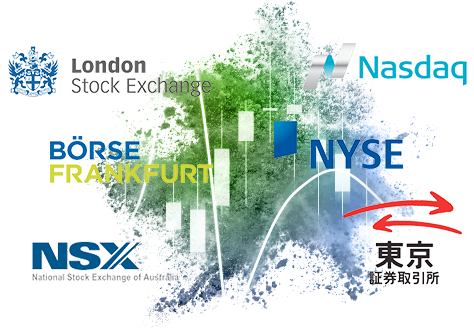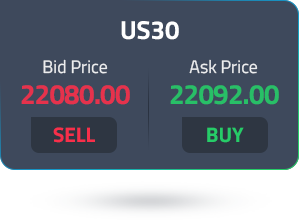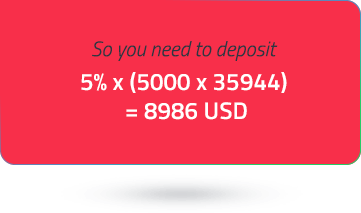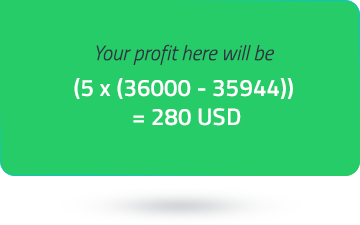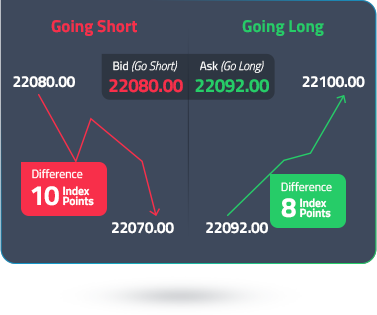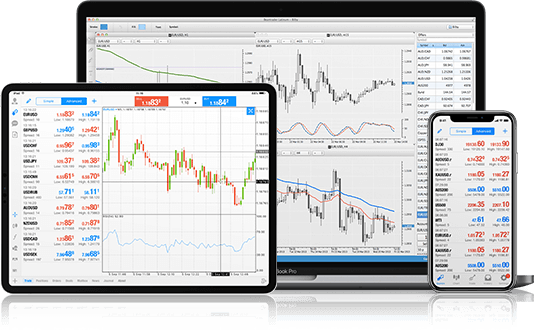FP Markets Through Index Contracts for Difference (CFDs) Provide trading services for major global stock indices, Bringing highly competitive high leverage on world-class trading platforms. on line CFD Index trading is an ideal way to participate in the top global stock markets. with the help of FP Markets, You can go as low as 1% Global Initial Margin Trading CFD index futures . transaction AUS200 cash index, every point AU$1. Through NASDAQ 100, S&P 500, European Futures Exchange and Index, etc, Master the trends of overseas stock indexes.
We have collaborated with multiple leading banks and non bank financial institutions, To ensure a deep liquidity pool, So that you can get the best market price and ultra-low latency order execution.



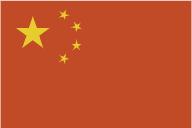 中文简体
中文简体 


